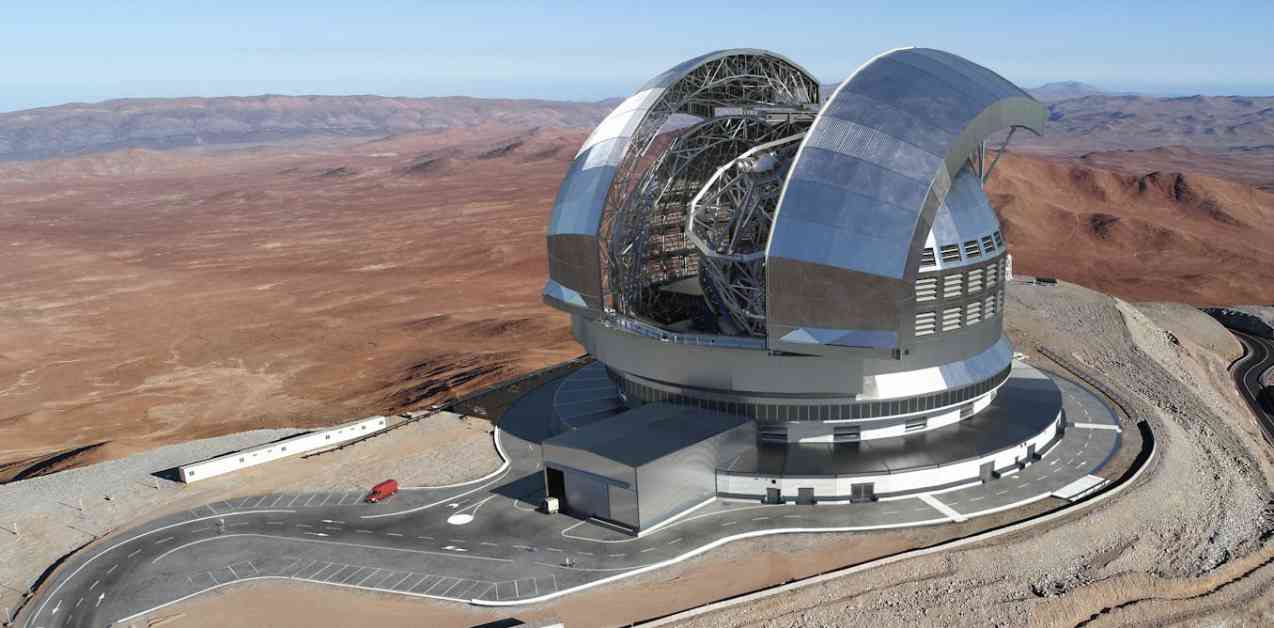In recent years, significant progress has been made in expanding our knowledge of the universe through the advancements in telescope technology. Telescopes, both on Earth and in space, have played a crucial role in this process and the upcoming telescopes set to become operational in the next two decades are expected to revolutionize our understanding of cosmology even further.
While observatories typically have predefined scientific objectives, it is often the unexpected discoveries that have the most significant impact. Many groundbreaking advancements in cosmology have been driven by new technology, and the next generation of telescopes boast powerful capabilities.
However, there are still challenges to overcome, such as the lack of upcoming space telescopes for ultraviolet and visible light astronomy. Issues such as politics and national interests have sometimes hindered scientific progress, and financial constraints are affecting even the most renowned observatories.
The construction of some of the most powerful new telescopes is taking place in the mountains of Chile. The Extremely Large Telescope (ELT) will feature a mirror the size of four tennis courts and will be housed under a massive dome in the Atacama desert. Reflecting telescopes like the ELT work by collecting light from the night sky using a primary mirror and then reflecting it to a camera through other mirrors. Larger mirrors enable the collection of more light, allowing for the observation of fainter objects.
Another ground-based telescope being constructed in Chile is the Vera C. Rubin telescope. This telescope will feature a camera that is the largest ever built, about the size of a small car and weighing approximately three tonnes. With 3,200 megapixels, the Rubin telescope will capture images of the entire sky every three days to detect moving objects. Over a period of 10 years, these images will be compiled to create a massive time-lapse video of the universe.
Despite the challenges, the future of astronomy looks promising with the development of next-generation telescopes. The James Webb Space Telescope, launched on December 25, 2021, is already providing valuable insights by studying planets around distant stars that were unknown when the telescope was designed. The unexpected discoveries made by telescopes often surpass their original scientific goals, highlighting the importance of pushing the boundaries of knowledge.
As we look towards the future, the next generation of observatories is expected to uncover new mysteries of the universe. Gravitational wave detectors, for example, offer a unique perspective by detecting distortions in spacetime caused by violent cosmic events. These detectors, akin to our ears in space exploration, might unveil unprecedented discoveries that challenge our current understanding of the cosmos.
In conclusion, the evolution of telescope technology continues to open new frontiers in cosmology. With upcoming telescopes poised to revolutionize our understanding of the universe, the possibilities for groundbreaking discoveries are endless. Embracing the unknown and venturing into uncharted territories will lead to exciting revelations that could reshape our perception of the cosmos.













